
A documentary that brings to light the vision that director George A. Romero had for an adaptation of Resident Evil, using newly filmed interviews with those who were there, and unravels the secrets behind why it was never produced.
You May Also Like
Whatever happened to Scotland’s Silicon Glen? US giant IBM arrived at Spango Valley in post-war Greenock, attracted as part of a government effort to replace industrial jobs. For decades the company provided thousands of jobs, often at the leading edge of technology, helping to attract dozens of high-tech investments to Scotland from all over the world. What was it like to work for the company known as Big Blue? The film uncovers the stories of the shop-floor at IBM. And it tells of IBM’s supporting role in major events including the Moon landings and the creation of an iconic movie – Stanley Kubrick’s 2001: A Space Odyssey.
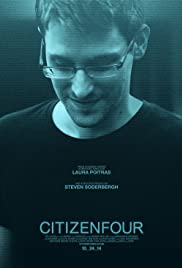
In June 2013, Laura Poitras and reporter Glenn Greenwald flew to Hong Kong for the first of many meetings with Edward Snowden. She brought her camera with her. The film that resulted from this series of tense encounters is absolutely sui generis in the history of cinema: a 100% real-life thriller unfolding minute by minute before our eyes. Poitras is a great and brave filmmaker, but she is also a masterful storyteller: she compresses the many days of questioning, waiting, confirming, watching the world’s reaction and agonizing over the next move, into both a great character study of Snowden and a narrative that will leave you on the edge of your seat as it inexorably moves toward its conclusion.

The first signs of autumn are seen in a landscape along a river. Some villagers are stacking a bed of stone blocks on the river-bank to avoid more eroding. Others are occupied by ploughing, fishing or repairing. A small steamboat passes by. In the engine room a stoker is shovelling coal into the oven. Further down the river a small town is passed by the water. A rowing-team is training for coming races. Some biologists are looking at microbes from the water through a microscope. A group of workers are painting a new barge and push it into the river. When a small boy sees a racing boat, he leaves his sand-castle and runs along the river.
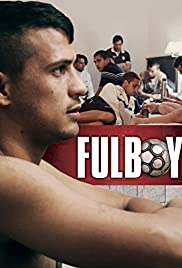
On the verge of achieving his dream career, Tomás allows his older brother Martin Farina an inside look at his life as a professional football player. Martin, never able to fulfill his own dream of playing football, steps into the world of Tomás and his teammates through the lens of his camera. However, the rest of the club has their own opinions, some viewing Martin as an intruder, as he exposes their most vulnerable moments, and their concerns for the future after the game has ended. Fulboy offers an uncensored, confessional look at how the athletes behind the most popular sport in the world behave during their time off the field. At the same time, Fulboy reflexively interrogates Farina’s aesthetic choices and point-of-view, as well as the viewer’s gaze at the male form.

A documentary on the work of sex-change specialist Dr. Leo Wollman, including interviews with Dr. Wollman and a few of his patients, with an illustrated lecture on the various aspects of transsexuality plus actual footage of a sex-change operation, which is what gives the film its notoriety

Shark scientist Dr. Michael Heithaus embarks on a mission to reveal the mysterious connection between sharks and volcanoes.

Beneath Hong Kong’s glittering facade, Filipina domestic helpers work in relative anonymity and for near-slave wages. In a beauty pageant like no other, five helpers give themselves makeovers for a day and gleefully reclaim their dignity.

A behind-the-scenes look into the making of the new feature film “The Color Purple,” and the impact the story has had on our culture. Oprah Winfrey takes viewers inside the four-decade phenomenon, exploring the importance of the novel, films and musical, and the ever-evolving conversation around this seminal work.
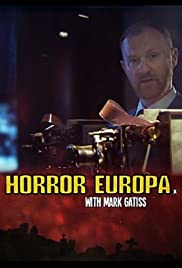
Actor and writer Mark Gatiss embarks on a chilling journey through European horror cinema, from the silent nightmares of German Expressionism in the 1920s to the Belgian lesbian vampires in the 1970s, from the black-gloved killers of Italian bloody giallo cinema to the ghosts of the Spanish Civil War, and finally reveals how Europe’s turbulent 20th century forged its ground-breaking horror tradition.

A walk through the immense private library of Italian writer and thinker Umberto Eco (1932-2016).
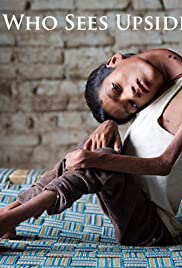
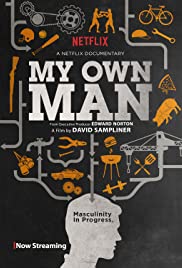
Rattled by the prospect of becoming a dad, a 40-year-old filmmaker begins to consider what “manhood” really means for him, prompting him to pursue an array of interests and reexamine his views — which were shaped by his father.